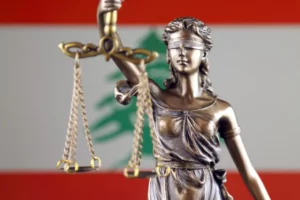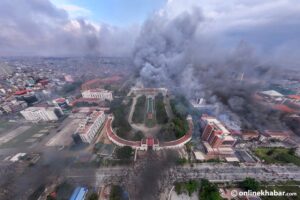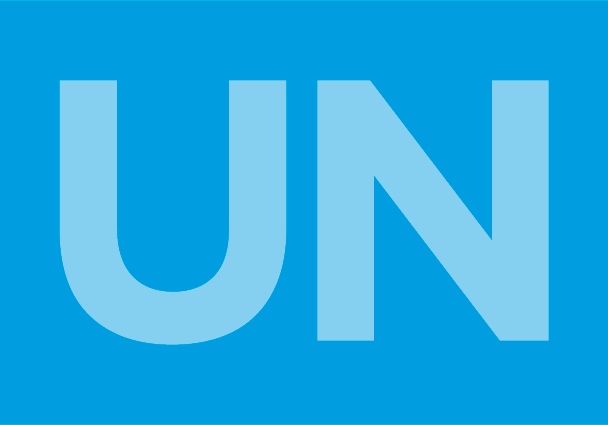
Mar 30, 2012 | Advocacy
During the 19th session of the Human Rights Council, the ICJ made an oral statement during the Council’s consideration and adoption of the outcome document in the Universal Periodic Review of Uganda.
The statement focussed on the lack of human rights protection and respect for the rule of law in the country, particularly as this affects human rights defenders, and called on the Government of Uganda to end impunity for gross human rights violations, and to ensure that the Anti Homosexuality Bill is not adopted into law.
Uganda-oral intervention UPR-advocacy-2012 (full text in English, PDF)
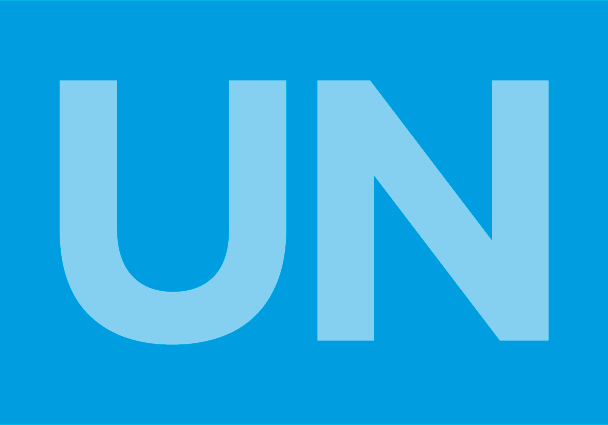
Mar 30, 2012 | Advocacy
During the 19th session of the Human Rights Council, the ICJ made an oral statement during the Council’s consideration and adoption of the outcome document in the Universal Periodic Review of Swaziland.
The statement focussed on serious risks to the independence of the judiciary and the rule of law in Swaziland, and called on the Government of Swaziland to act to ensure the protection of human rights, the rule of law, and judicial independence.
Swaziland-adoption UPR-advocacy-2012 (full text in English, PDF)
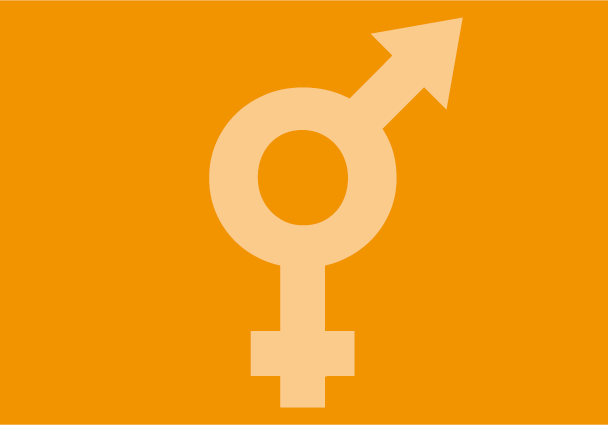
Mar 29, 2012 | Advocacy, Analysis briefs
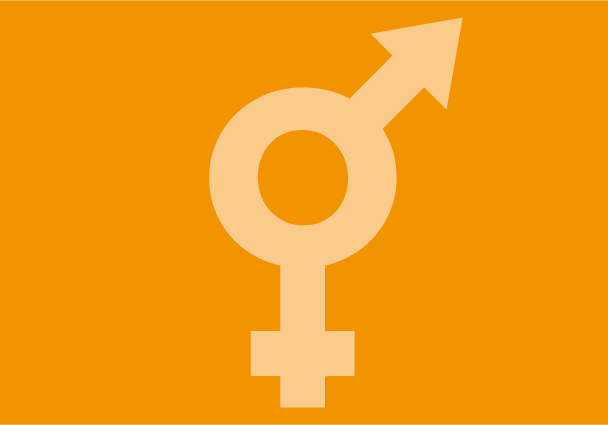 During the 19th session of the Human Rights Council, a plenary Panel discussion was convened on discrimination and violence based on sexual orientation and gender identity – the first of its kind.
During the 19th session of the Human Rights Council, a plenary Panel discussion was convened on discrimination and violence based on sexual orientation and gender identity – the first of its kind.
In a joint oral statement with Human Rights Watch and Amnesty International, the ICJ welcomed the study by the Office of the High Commissioner for Human Rights and addressed concerns about the serious mischaracterization of international human rights law by some delegations at the Human Rights Council.
oral statement-analysis brief-2012 (full text in English, PDF)
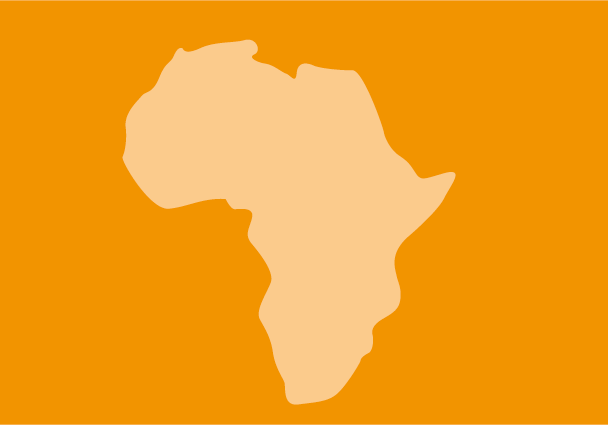
Feb 8, 2012 | Advocacy, Non-legal submissions
La Commission internationale de juristes (CIJ) exhorte les autorités de Djibouti à mettre fin immédiatement aux persécutions dont sont victimes acteurs judiciaires et défenseurs des droits humains dans le pays. Elle leur rappelle aussi leur obligation légale de protéger les défenseurs des droits de l’homme et de garantir l’indépendance des juges et de la magistrature.
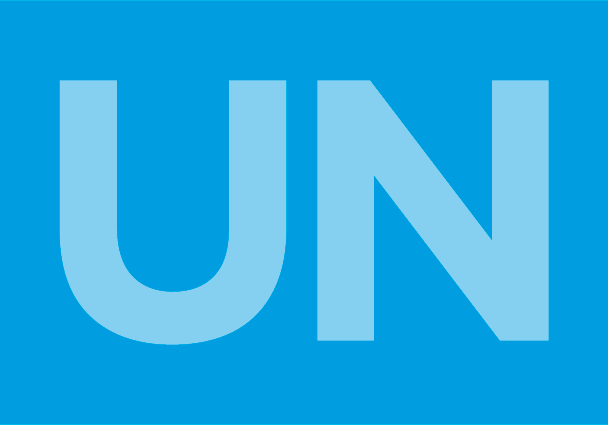
Nov 24, 2011 | Advocacy, Analysis briefs
Under the second cycle of the Universal Periodic Review (UPR) mechanism, the UN Human Rights Council Working Group on the UPR will be undertaking a review of South Africa during its 13th session in June 2012.
In a submission to the Working Group, the International Commission of Jurists has focused on the issues of: access to justice, especially in the context of business and human rights; sexual violence, including on the basis of sexual orientation and gender identity; the protection of migrant rights; police accountability and oversight; and international human rights instruments and South Africa’s cooperation with the UN treaty bodies and the Council’s Special Procedures.
South Africa-ICJ submission UPR-analysis brief-2011 (full text in English, PDF)
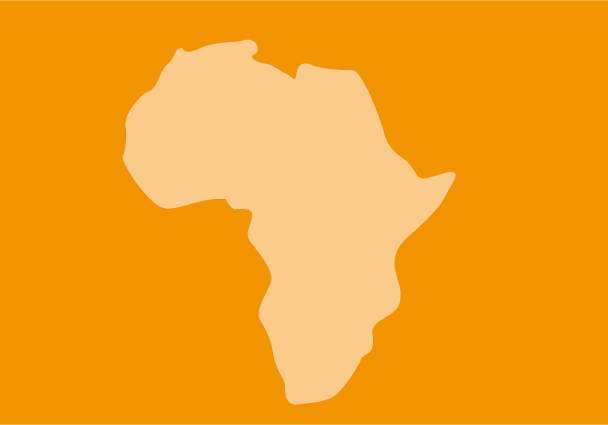
Aug 26, 2009 | Advocacy, Legal submissions
The ICJ filed a petition for leave to intervene before the International Centre for Settlement of Investment Disputes (ICSID) Arbitral Tribunal that deals with the case Foresti et al v Republic of South Africa.
The case presents important implications for the right to non-discrimination and the need to repair the damage done by decades of Apartheid policies in South Africa.
SouthAfrica-foresti-advocacy-legal submission 2009 (full text, PDF)









